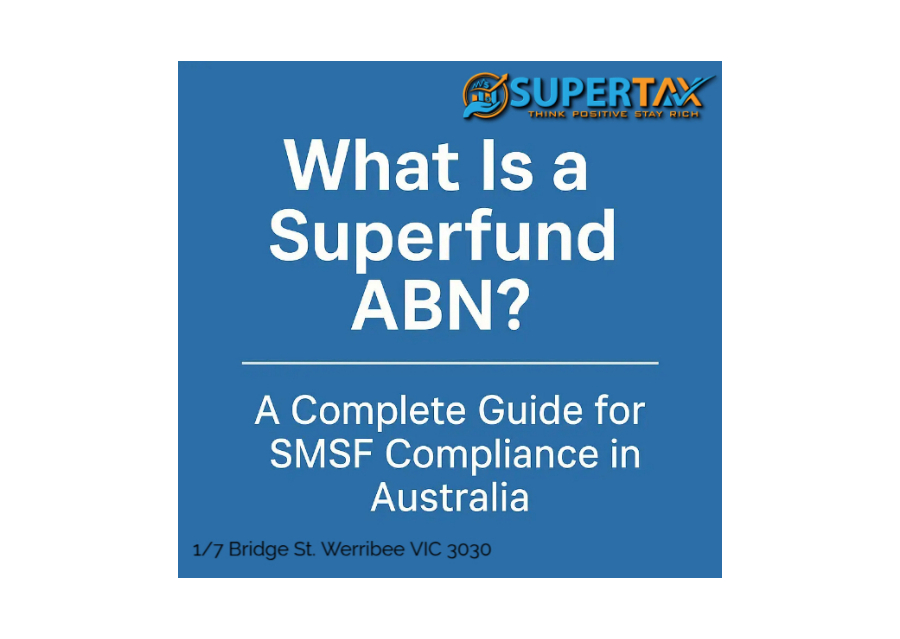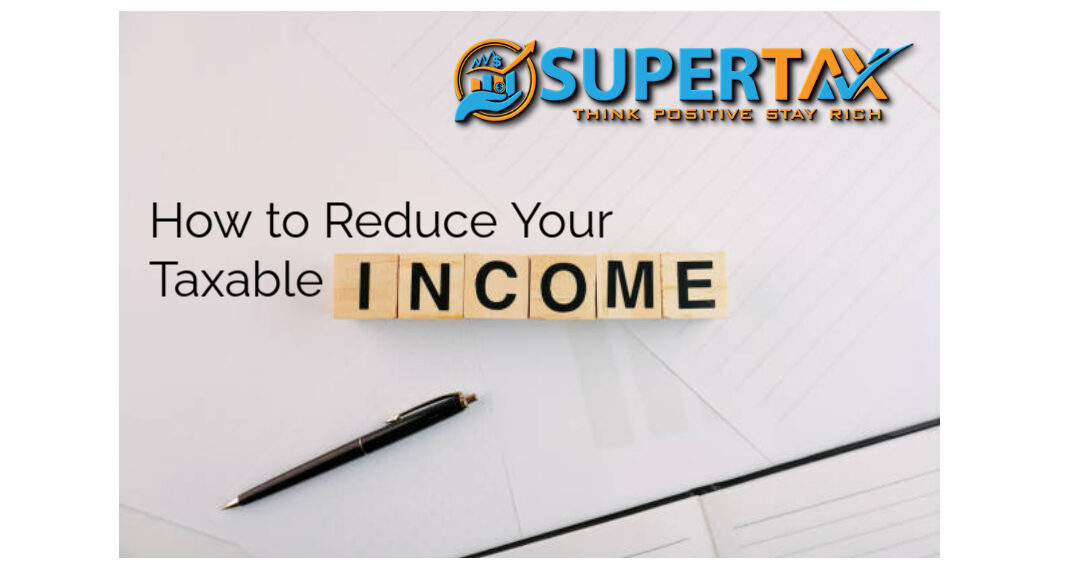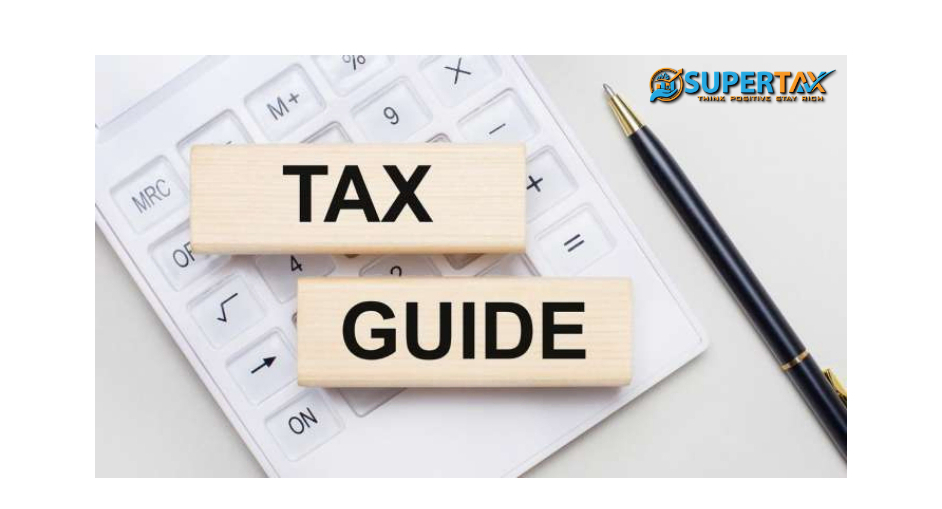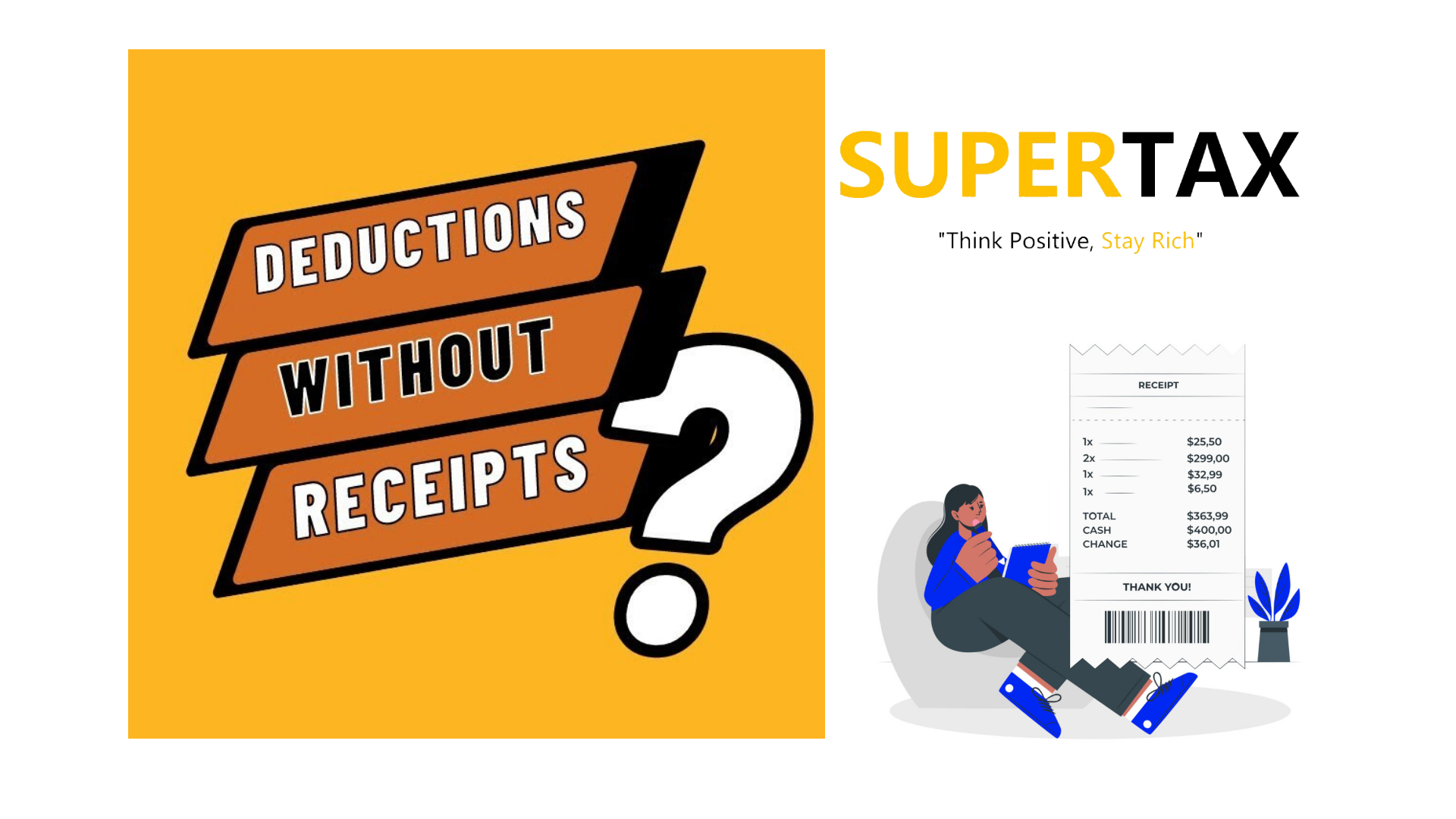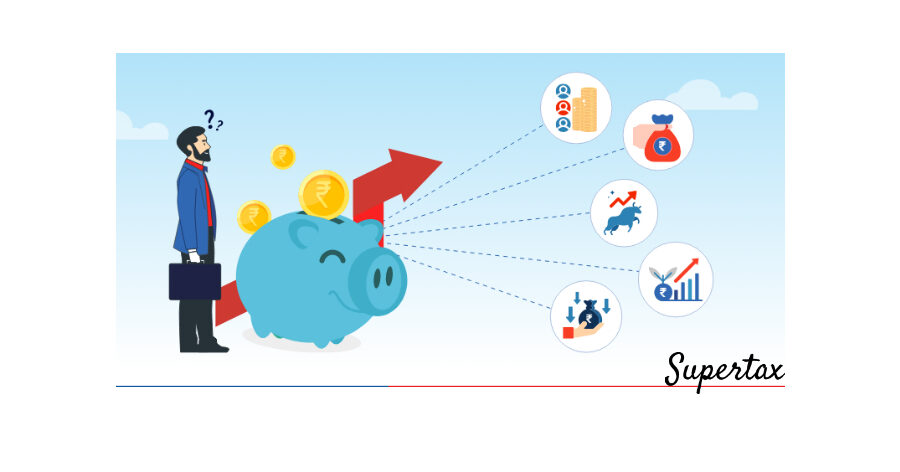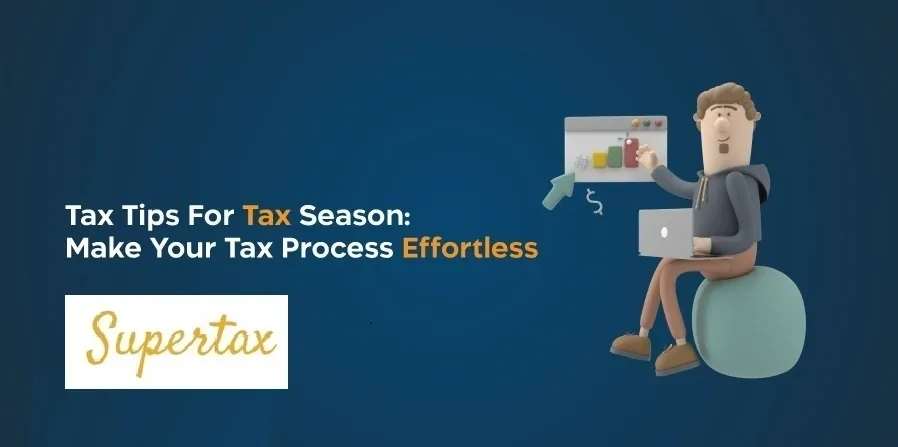The 6-year rule for capital gains tax on property

Investing in property can provide significant financial benefits, including the potential for substantial profit upon sale. However, one of the major costs associated with selling an investment property is capital gains tax (CGT). By understanding and effectively utilizing the six-year CGT exemption rule, property investors can significantly reduce their tax liabilities.
Overview of Capital Gains Tax (CGT)
Capital gains tax is the tax levied on the profit made from selling an asset, including real estate. This tax is part of your annual income tax return, meaning it is not a separate tax but integrated into your overall tax obligations. The profit, or capital gain, is calculated as the difference between the selling price of the property and its cost base (the purchase price plus associated costs such as legal fees, improvements, and selling costs).
Defining Your Main Residence
our main residence, also known as your principal place of residence (PPOR), is the property where you live full-time. For a property to qualify as your main residence, the Australian Taxation Office (ATO) considers several factors:
- You and your family live there.
- Your personal possessions are stored there.
- It is your primary mailing address.
- You are registered to vote at this address.
- The utilities (electricity, water, etc.) are connected in your name.
If you cease to meet most of these criteria, the property may no longer be considered your main residence by the ATO.
The Six-Year CGT Exemption Rule Explained
The six-year CGT exemption rule is a provision that allows property owners to treat their former main residence as their principal place of residence for CGT purposes for up to six years after they have moved out. This rule, often referred to as the six-year absence rule, provides significant tax relief under certain conditions.
Key Aspects of the Six-Year Rule:
- Rental Scenario: If you rent out your former main residence after moving out, it can still be considered your main residence for CGT purposes for up to six years.
- Non-Rental Scenario: If you do not rent out the property, it can remain your main residence indefinitely.
- Resetting the Period: The six-year exemption period can be reset by moving back into the property, effectively allowing you to restart the six-year clock. Importantly, there is no limit on how many times you can reset this period by moving back in.
Practical Example of the Six-Year Exemption
Consider this scenario: You buy a property in 2005 and live in it as your main residence for four years. In 2009, you move out to take a job in another state and rent the property out. In 2013, you return to live in the property until 2016, when you move out again for another job. Under the six-year rule, your property remains exempt from CGT throughout these periods as long as the six-year absence periods are managed correctly. Each time you move back in, you reset the six-year exemption clock.
Multiple Residences and CGT
Although you can own and live in multiple properties over time, for CGT purposes, you can only designate one property as your main residence at any given time. When moving from one property to another, both properties can be treated as your main residence for up to six months, provided you are moving into a new home. However, beyond this overlap period, you must choose which property to claim as your main residence for CGT purposes.
Example of Multiple Residences:
If you live in Property A and then move to Property B, you can treat both properties as your main residence for six months. After this period, you need to decide which property will be designated as your main residence for CGT purposes when you sell either one. This decision should be based on which property provides the greater CGT benefit.
Foreign Residents and CGT Exemption
As of 1 July 2020, foreign residents are no longer eligible to claim the main residence CGT exemption. This means that if you become a foreign resident, any sale of your property will be fully taxable, even if it was your main residence during your ownership. Therefore, if you anticipate becoming a foreign resident, it is crucial to consider the CGT implications before selling your property.
Additional Considerations and Facts
- Individual Ownership: The six-year CGT exemption can only be claimed by individuals. Properties held in trusts or companies are not eligible for this exemption.
- Temporary Dual Residency: You can have two main residences for CGT purposes during a six-month overlap when moving from one home to another.
- Income Derivation: If you use your main residence to generate income (e.g., renting it out or running a business), you may only be eligible for a partial exemption. However, using a part of your home as a home office typically does not affect your eligibility for the full exemption.
- Land Limitation: The main residence exemption applies only to properties with land up to 2.5 hectares. Any additional land beyond this limit does not qualify for the exemption.
- Exemption on Land with Property: The exemption is only available for land that has a property on it. Vacant land does not qualify.
Strategies for Minimizing CGT
To effectively minimize CGT, consider the following strategies
- Pre-1985 Properties: Properties purchased before 20 September 1985 are exempt from CGT.
- Superannuation Fund Purchases: Purchasing property through a self-managed superannuation fund (SMSF) can offer CGT advantages. Properties held for at least 12 months within an SMSF can benefit from CGT discounts, and properties sold during the pension phase may be entirely exempt from CGT.
- Increase Asset Cost Base: The cost base of your property includes the purchase price, plus costs associated with buying, owning, improving, and selling the property. Increasing the cost base can reduce the capital gain and, consequently, the CGT liability.
Applying for the Six-Year CGT Exemption
Navigating CGT regulations and exemptions can be complex. It is advisable to consult with a tax accountant or financial advisor to ensure you qualify for the six-year CGT exemption and to strategize effectively to minimize your CGT obligations. Professional advice can help you understand the specifics of your situation and make informed decisions to maximize the value of your property investments.
For personalized assistance and expert advice on CGT and other tax matters, consider reaching out to Supertax Pty Ltd. Our experienced team can help you navigate the complexities of CGT and optimize your financial outcomes.
